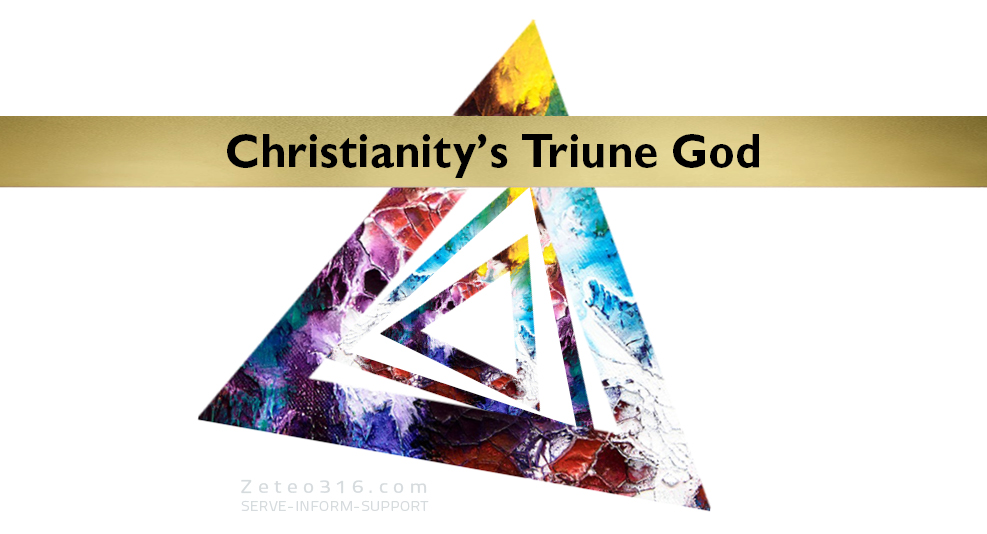
Dr. Michael Reeves has written and spoken much on Christianity’s Triune God. The first time I ever read anything by Reeves was in the book High King of Heaven. He contributed the first chapter The Eternal Word: God the Son in Eternity Past. Though I didn’t mention him in my review of that book, I really enjoyed his essay.
At the time I’d forgotten that I’d previously read Tim Challies’ review of Reeves’ book Delighting in the Trinity. However, the name Michael Reeves didn’t stick long in my head. I didn’t understand then how Challies could possibly speak so glowingly of a short book which actually didn’t purport to defend the Trinitarian doctrine. Back then I was only looking for a theological treatise-apologetic for the doctrine of the Trinity.
I now wholeheartedly understand Challies’ enthusiasm. The Trinity is much more than an important biblical truth we ought to defend and then forget. The doctrine reveals the essential loving nature of our Triune God, and how that loving Triune God relates to the Christian. Consider this citation of Reeves’ book from Challies’ review:
This God makes no third party suffer to achieve atonement. The one who dies is the Lamb of God, the Son. And it means that nobody but God contributes to the work of salvation: the Father, Son and Spirit accomplish it all. Now if God were not triune, if there was no Son, no Lamb of God to die in our place, then we would have to atone for our sin ourselves. We would have to provide, for God could not. But – hallelujah! – God has a Son, and in his infinite kindness he dies, paying the wages of sin, for us. It is because God is triune that the cross is such good news. (Emphasis mine)
I’ve previously written about the controversy surrounding former Wheaton professor Larycia Hawkins’ contention that Muslims and Christians worship the same God. She cited Pope Francis for support. Some evangelicals also defended her: Gary Burge and Miroslav Volf being two examples.
There seems to be a thrust towards pluralism and appeasement of Islam – even in the Christian world. As noted, one aspect of this has manifested itself in the politically correct affirmation that Christians and Muslims worship the same God. But is this really so? How can Allah be the same as our Triune God? What are some of the fundamental differences?
According to Michael Reeves our Triune God is superior! He carefully sifts through the differences between Allah and the God of the Bible in his theological-pastoral talk:
Why a Triune God is Better than Any Other.
Notably, Reeves engages theologian Miroslav Volf directly. I appreciate his irenic manner; though I’m not convinced the Apostle Paul would have been so congenial. Nevertheless, what Reeves has to say should be heard by all Christians. The Triune God is a God of love. We cannot expect this same love from the god of the Qur’an. We seem to have lost sight of this truth. The push towards pluralism and tolerance doesn’t help us.
Note: You can access more articles and sermons on the Trinity from Union Theology. I also recommend listening to the Reformation 500 sermons at this link.
